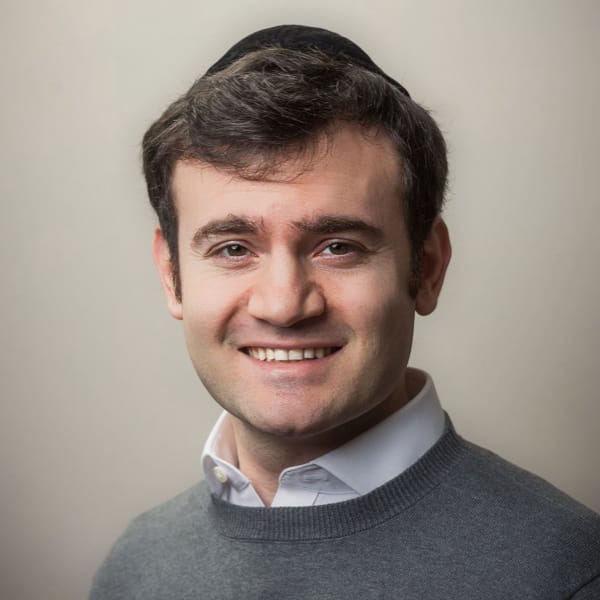Dr. Sokol received his PhD in clinical psychology from Hofstra University and is a licensed psychologist in the State of New York. He is also currently MIRECC Health Specialist Research Scientist at the Bronx VA Medical Center, where he oversees a variety of funded research projects, which includes the involvement of Touro PsyD students. His work seeks to understand how personal identity deficits, and in particular, deficits in ‘future self-continuity,’ a sense of persistence of the self into the future, relate to the development and recovery from suicide-related symptoms. His research has been designed to develop and evaluate efficacy of a recovery-oriented treatment for post-suicidal patients, as well as develop a theoretical model of post Covid-19 psychiatric conditions that integrates direct medical and psychiatric sequala with psychosocial downstream effects of loss of functioning. His research findings have led him to articulate a recovery-oriented treatment for individuals with a recent episode of acute suicidal symptoms: ‘Continuous Identity Cognitive Therapy (CI-CT)’. Dr. Sokol’s teaching will emphasize the development of cognitive therapy skills, and practical application and utilization of research in clinical settings.
Education
- PhD, Clinical Psychology, Hofstra University
Areas of Expertise
Depression, suicidology, cognitive therapy, and veterans’ mental health
Honors and Awards
- RR&D Career Development Award CDA-2, Veteran Affairs 2021
- H. Alan Robinson Outstanding Doctoral Dissertation Award, Hofstra University 2017
- Lander Award for the best Jewish research from the 22nd Greater New York Conference on Behavioral Research for “Measuring Religious Observance among Orthodox Jews” 2011
- Distinguished Student Research Award, Touro College 2011
- Professor Arthur Budick Memorial Award for Excellence in Literature, Touro College 2011
Research
Dr. Yosef Sokol's areas of clinical research has been designed to develop and evaluate efficacy of a recovery-oriented treatment, Continuous Identity Cognitive Therapy (CI-CT), for post-suicidal patients, as well as to develop a theoretical model of post Covid-19 psychiatric conditions that integrates direct medical and psychiatric sequela with psychosocial downstream effects of loss of functioning.
Publications
- Y Sokol, S Glatt, S Andrusier, C Levin, C Boucher, J Ridley, CH Brown, .... "Evaluating continuous identity cognitive therapy for veterans with a recent suicidal episode: An open-label group pilot study." Contemporary Clinical Trials Communications, 101576, 2025
- Y Sokol, M Goodman. "From Likert Scales to Large Language Models: Validating a Computational Approach to Psychological Assessment of Future Self-Continuity." Journal of Personality Assessment, 1-11, 2025
- Y Sokol, Y Wahl, S Glatt, C Levin, P Tran, M Goodman. "The transtheoretical model of change and recovery from a suicidal episode." Archives of Suicide Research 29 (3), 637-653, 2025
- Y Sokol. "Beyond Likert Scales: Convergent Validity of an NLP-Based Future Self-Continuity Assessment from Verbal Data." OSF, 2025
- S Glatt, Y Sokol. "Assessing the dimensions and structure of thwarted interpersonal needs." Journal of Affective Disorders 370, 198-206, 2025
- Y Sokol, S Andrusier, Y Wahl, S Glatt, M Chen. "Piloting Using CloudResearch for Collecting High-Quality Audio Recordings from a Clinical Population." OSF, 2025
- Y Sokol. "Becoming Godly."
Memberships and Affiliations
- APA
In The News
Rethinking how to help people with suicidal thoughts, Jewish Standard
Trauma distorts our sense of time and self. A new therapy might help, ScienceNews


